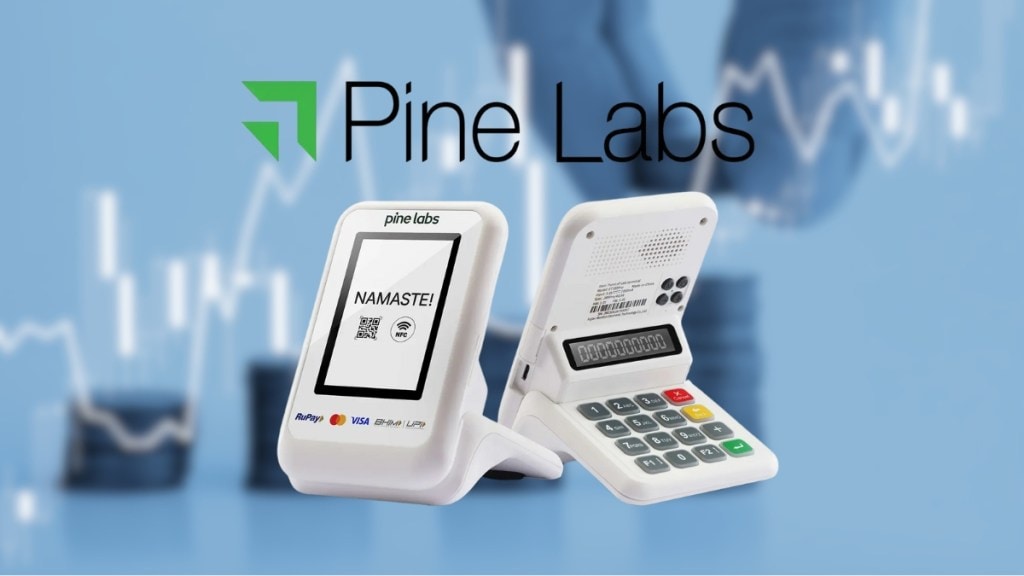Shares of fintech firm Pine Labs rose as much as 28% intra-day from its initial public offering (IPO) price of Rs 221, after listing at Rs 242 on both the bourses with around 10% premium. The stock closed at Rs 252 on the NSE, up 14% over the issue price, with around half the total gains erased.
“With marquee clients like HDFC Bank, Croma and LG Electronics, Pine Labs is well-positioned to tap the ₹276 lakh-crore digital payments opportunity by FY29,” Aditya Birla Money said in an IPO note.
B Amrish Rau, chairman, MD and CEO of Pine Labs, had told FE that the company was adding merchants at a CAGR of 30%. “When it came to the pricing of this IPO, we were very clear that we want to continue to garner goodwill…” he said. Pine Labs will further invest funds in international subsidiaries, including Qwikcilver Singapore, Pine Payment Solutions, Malaysia and Pine Labs UAE. Qwikcilver acquisition had opened several partnerships and products, not merely the top-line, Rau said.
The Rs 3,900-crore IPO was partly an offer for sale by global fundamental and strategic investors, including Peak XV, Temasek, Actis, Invesco Developing Markets Fund, founder Lokvir Kapoor, Mastercard and PayPal. The float was bid nearly 2.5 times.
At the anchor stage, Pine Labs raised ₹1,753.8 crore from 71 investors, including Nomura, Franklin Templeton, HSBC Global, SBI Mutual Fund, Aditya Birla Sun Life and ICICI Prudential Life.
‘It is India’s largest issuer of closed- and semi-closed loop gift cards and a leading player in affordability solutions and in-store digital payments,” said Anand Rathi, which gave a ‘subscribe’ rating.
Pine Labs will use ₹532 crore of proceeds for debt repayment and inorganic growth, ₹60 crore for international expansion and ₹760 crore for tech upgrade.
The company has been profitable for the last five years on an adjusted dividend level, especially in the last three years. In FY24, it was about Rs 155 crore, while it was more than Rs 355 crore in FY25. In the first quarter of FY26, the PAT was Rs 5 crore, compared to a loss of Rs 25 crore in the year-ago period.
“The company is well placed to deliver a profitable growth, and hence, we recommend investors to subscribe,” said SBI Securities. While API-first design promotes rapid integration, interoperability and ease of customisation, modular architecture allows for agile deployment of new features, the report said.
